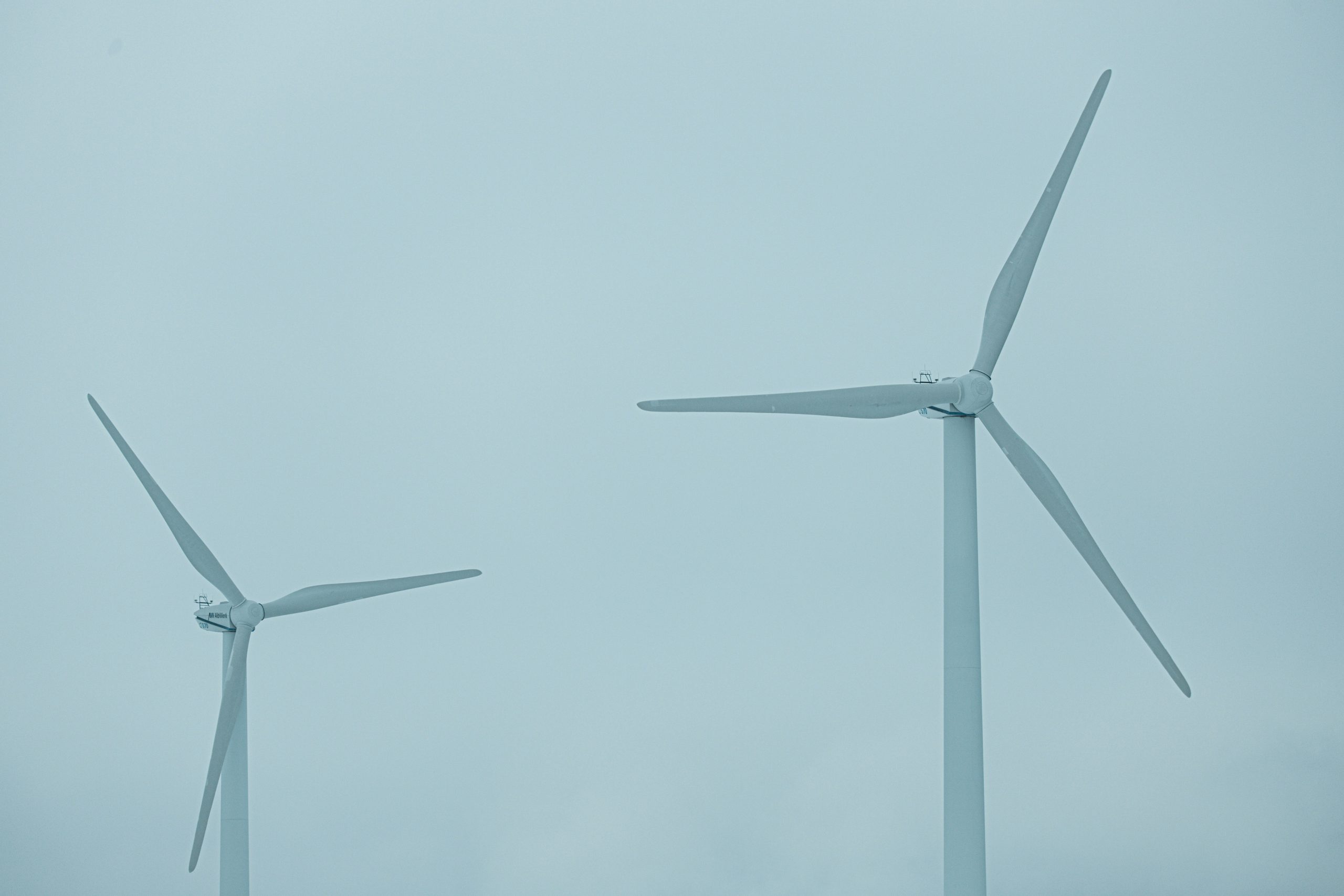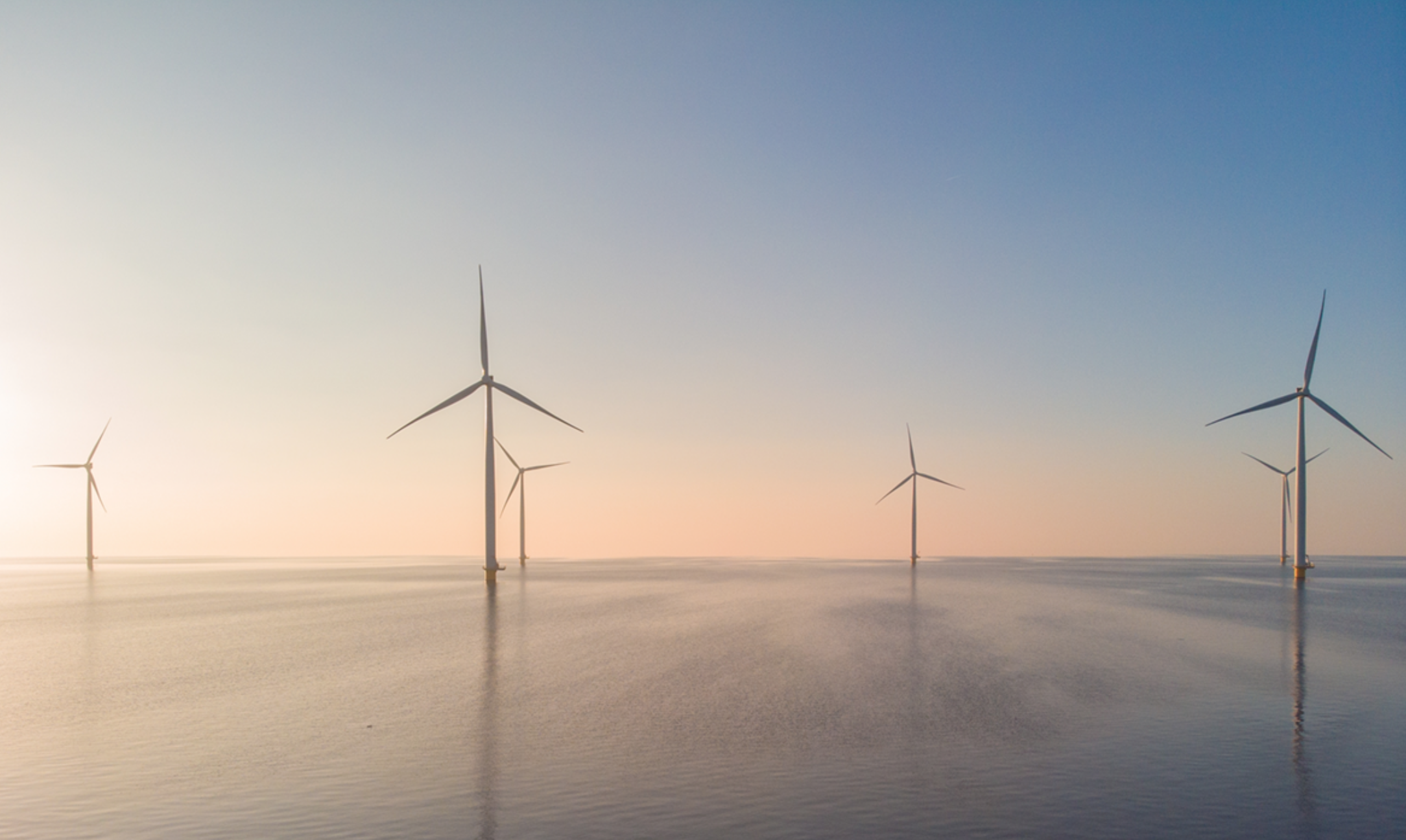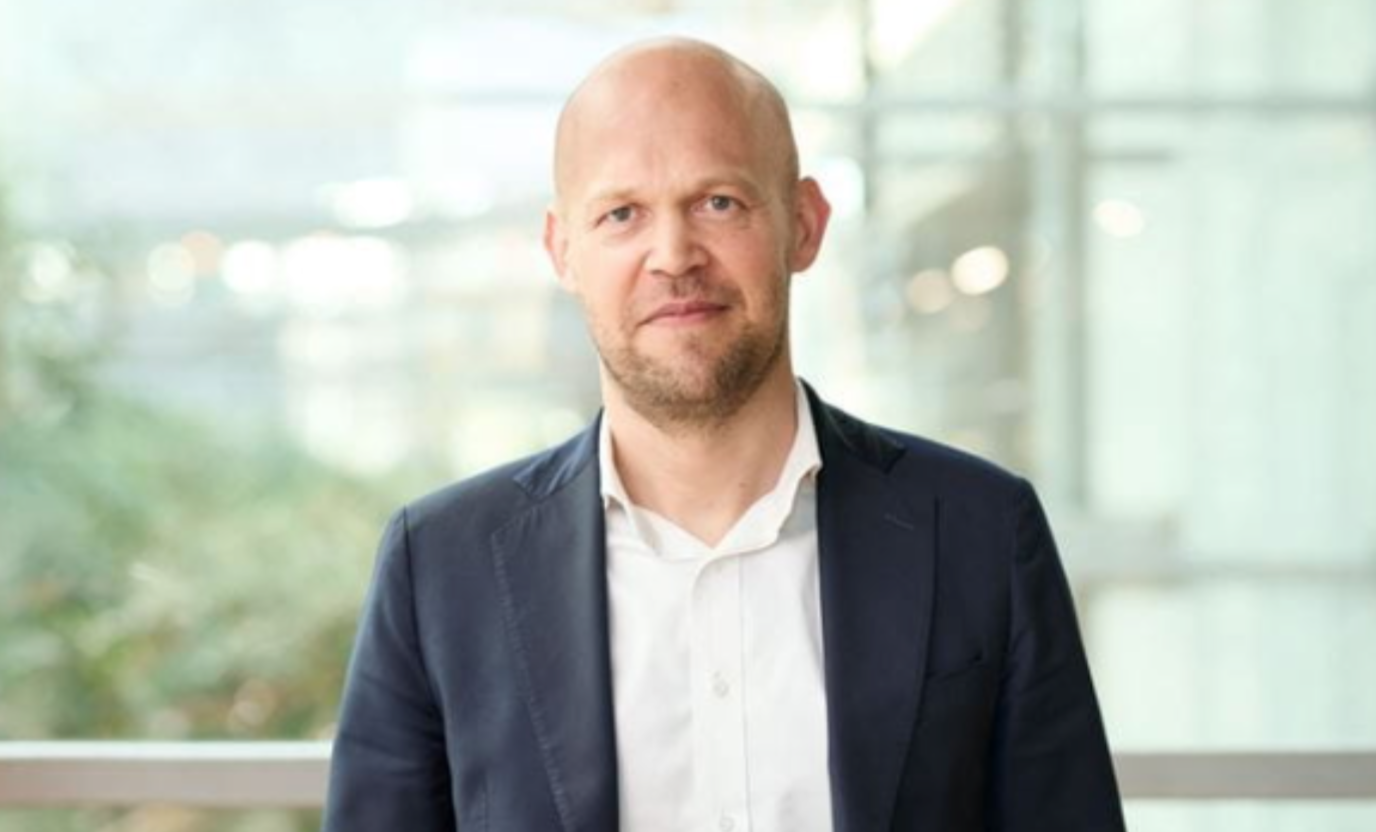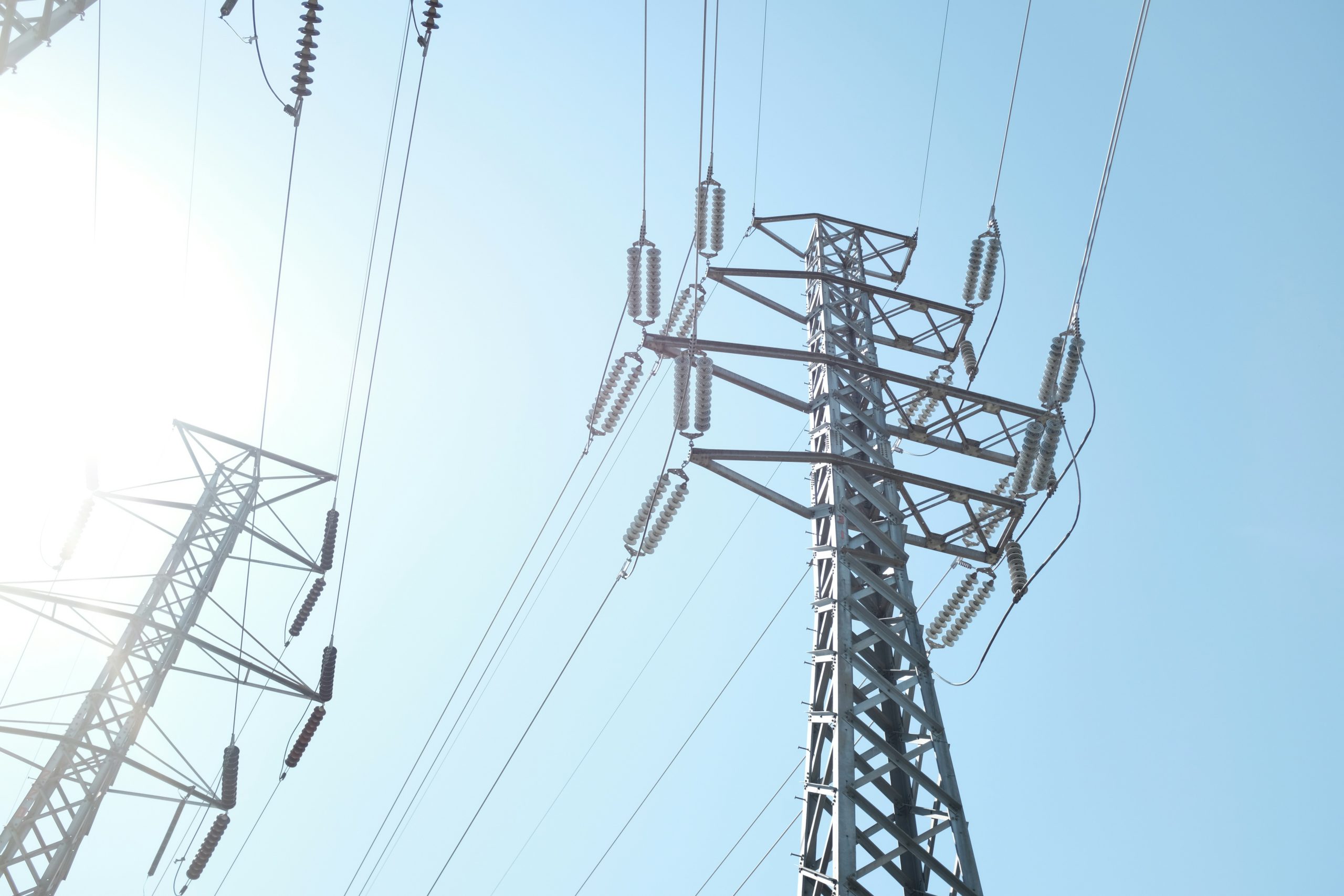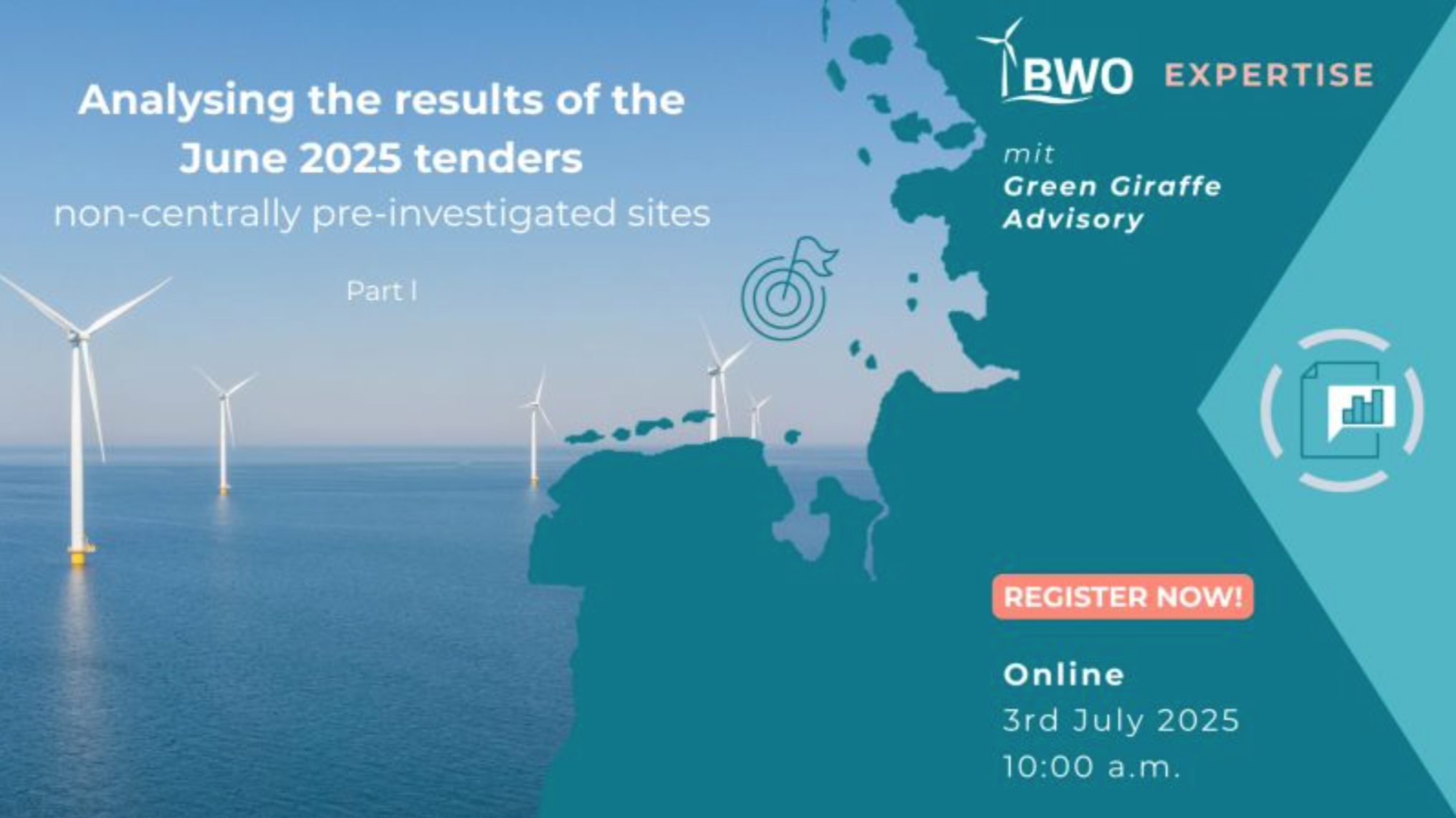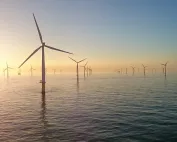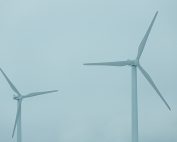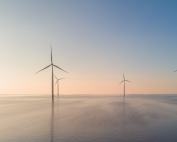Latvia plans to implement new regulations that will accelerate the pace of development of wind farm projects. The government’s plans were announced by the Minister of Environmental Protection and Regional Development, Artūrs Toms Plešs, during a press briefing on March 21. A special law will be drafted for this purpose.
To significantly reduce Latvia’s energy dependence on third countries, the government proposed a solution to accelerate the development of large wind farms on Latvian territory. The Minister of Environmental Protection and Regional Development Artūrs Toms Plešs pointed out during the briefing that every time Latvia consumes energy from natural gas, it finances Russia’s war in Ukraine. This is unacceptable, he stressed.
– Russia’s aggression has made it clear that Europe needs to become energetically self-sufficient, and to achieve this we need to significantly increase the use of RES for both heat and power generation. It has to be done decisively because time is not our ally, he said.
On 22 March 2022, the Council of Ministers of Latvia approved an information report prepared by the Ministry of Environmental Protection and Regional Development, which proposes possible immediate solutions to support renewable energy production. We are talking about RES projects with a capacity of more than 50 MW.
According to Plešs, the new legal framework will create a “green corridor” for RES projects in Latvia. Interest in renewable energy investments in this country continues to grow. Minister of Welfare, Gatis Eglītis, explained that the planned regulation will reduce bureaucracy and allow to finally look forward to investments in RES in Latvia. In his opinion, mechanisms should be created so that municipalities can benefit from the operation of wind turbines on their territory.
The new regulations also assume that the environmental impact assessment procedure will be shortened by six months. Currently, it takes 3.5 to 4 years from project development to the start of wind farm construction. The final word will not rest with the municipality, as it does now, but with a single public body, the State Building Inspection Authority. The Cabinet of Ministers would also consider the issue of giving RES facilities the status of facilities of national importance.
Latvia currently has the smallest wind power capacity among the Baltic States. Wind energy accounts for only 3 percent of the country’s total energy production. The potential of wind and solar power has so far been minimally exploited. The new regulations would contribute to increasing Latvia’s energy independence and security, introducing climate-friendly technologies, while improving the balance of energy imports and exports and contributing to lowering the cost of energy resources, the ministry said. It would also reduce the risks associated with the implementation of the National Energy and Climate Plan 2021-2030, which calls for the construction of large wind farms in Latvia by 2030.
Earlier, on March 3, Prime Minister, Krišjānis Kariņš, attending a meeting of the Foreign Investors’ Council in Latvia, stressed that the government is working on both alternative natural gas supplies and strengthening energy independence by developing the availability of RES. The government has conceptually decided to develop the wind farms, which will be a joint venture between the state-owned companies Latvenergo and Latvijas Valsts meži. In addition, the government will implement a program to support the use of renewable energy in households.
– It is important that we reduce our dependence on Russian energy. This will become possible with the mass development of wind parks. There will be a special law […] If we have wind turbines and infrastructure, we will be able to turn them into electricity and thus burn less Russian gas and become more independent”, said the Prime Minister, Krišjānis Kariņš.
Latvia talks with other Baltic countries
Minister Artūrs Toms Plešs, representing Latvia at the European Union Environment Council in Brussels, also met with the environment ministers of Lithuania and Estonia to discuss current affairs and climate policy directly related to promoting energy independence in the Baltic States.
– Colleagues from neighboring countries also agree that significant structural changes are needed to achieve energy independence from third countries in the long run. The Green Deal is particularly relevant in this context because its climate goals go hand in hand with more efficient use of renewable resources in both heat and electricity production, and close cooperation with partners in Lithuania and Estonia is particularly important in addressing our common challenges, the Latvian minister pointed out.
In response to Putin’s regime’s aggression in Ukraine, ministers from all three Baltic states discussed national plans to increase RES capacity in order to move away from fossil fuels imported from Russia and promote energetic self-sufficiency and security.
According to the ministry’s announcement, the representatives of the governments of the Baltic countries agree that one of the most urgent areas requiring action now is the rapid development of wind farms, which requires simplifying administrative procedures and reducing bureaucratic burdens.
Source: LSM, Ministry of Environmental Protection and Regional Development of Latvia, Government of Lithuania




